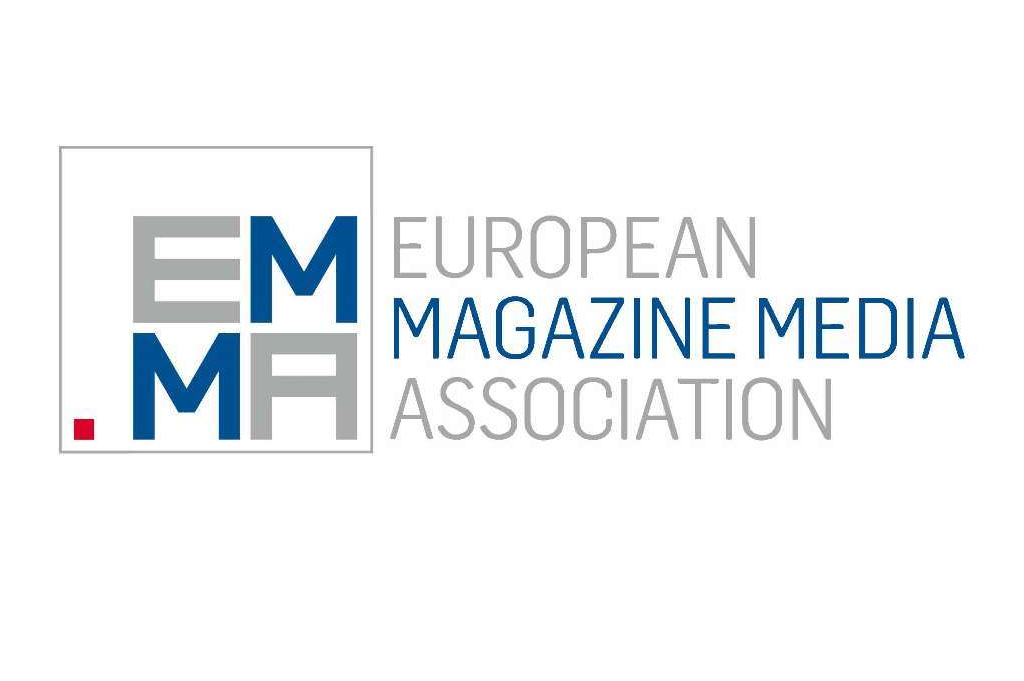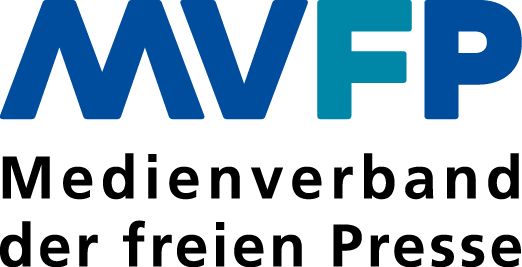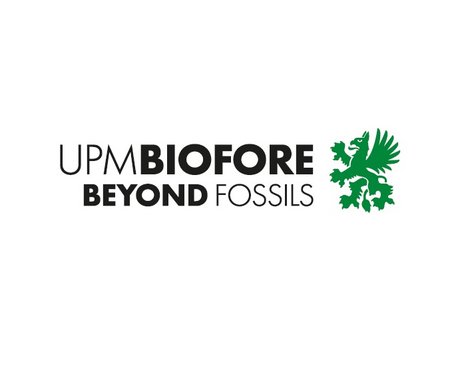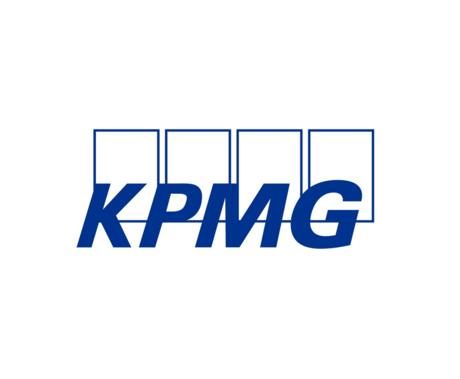EMMA, ENPA, EPC, FEDMA, EGTA and ZAW express strong concerns about key parts of the EP JURI adopted report on the Digital Services Act
Nachrichten International Medienpolitik Print & Digital

On behalf of EMMA (European Magazine Media Association), ENPA (the European Newspaper Association), EPC (European Publishers Council), FEDMA (Federation of European Direct and Interactive Marketing), EGTA (Association of TV and radio sales houses), ZAW (German Advertising Federation), we would like to voice our strong concerns about some key parts of the EP JURI adopted report on the Digital Services Act on 20 October.
The report presents several problematic and worrying aspects and is regrettably one-sided, as it suggests new restrictions on online advertising which would be detrimental to the ad-financed sectors such as the press and media.
Rather than a generalised and reckless ban on personalised advertising, balanced legislation that safeguards both the fundamental rights as well as protection of citizens and equal competitive opportunities in the digital world is crucially needed. Therefore, regulation should target the data practices and monopolisation of advertising revenues by mega-platforms and ensure the sustainability of services such as the press and media.
The financing of the press and media sector relies on revenues deriving from online advertising. Advertising is an essential source of revenue for online publishers and allows them to offer content free of charge or at very affordable prices. Publishers take great care with their readers’ privacy and only use data to provide them with convenient access to information, a better service and more relevant content, including advertising.
This group is concerned that any additional requirement or restriction on online advertising would endanger revenues for online services in an already fragile and unbalanced digital ecosystem, dominated by a handful of large players. Such mega-platforms can reap the benefits of log-in models that grant them direct access to an unparalleled amount of user data.
Financing media with data-driven advertising is also an exercise of fundamental rights as it guarantees free and independent journalism. A balance between the right to privacy and the right to provide services beneficial to the users such as quality journalism is the most desirable option.
Europe must find a holistic and consistent approach to answer the challenge that is aligned with existing EU legislation and strengthens the European economy taking into account other policy objectives (data strategy, AI etc.).
Das könnte Sie auch interessieren
ZAW-Jahresbilanz 2021: Werbewirtschaft kehrt 2021 in Teilen zu alter Stärke zurück, blickt aber besorgt in die Zukunft
Der Werbemarkt in Deutschland ist 2021 um rund 6 Prozent auf 47 Mrd. Euro gewachsen (2020: 45 Mrd. Euro). Während die Investitionen in Werbung auf…
MVFP und BDZV: Digital Services Act der EU droht zur Gefahr für die Pressefreiheit und Meinungsvielfalt im Internet zu werden
Pressefreiheit und Meinungsvielfalt in Europa darf nicht in den Händen von marktdominanten Digitalplattformen liegen
ZAW: Statement zur DMA-Einigung
Der ZAW begrüßt die Einigung zum Digital Markets Act (DMA), die am 24.03.2022 zum Abschluss der Trilog-Verhandlungen getroffen wurde. Das Gesetz über…
EMMA: European press publishers call for international support to free press to be able to do their job unhindered in Ukraine
EMMA and ENPA reiterate the importance of the role of free media reporting on the large-scale conflict taking place in Ukraine.
VDZ und BDZV: Digital Services Act gegen Pressefreiheit auf digitalen Plattformmonopolen
Was offline legal ist, soll online gesperrt werden: EU-Parlament lehnt Schutz rechtmäßiger Presseinhalte gegen Sperrung durch Facebook & Co. ab
Joint call of American media associations for fair remuneration of the press
18 international media associations from North and South America representing more than 40,000 news publishers made a joint call for coherent…
ZAW: Jahresbilanz 2020 – Corona-Krise bremst Werbemarkt aus
Politik muss Weichen für wirtschaftlichen Aufschwung stellen.
Europas Presseverleger und Microsoft fordern gemeinsam einen Schlichtungsmechanismus nach australischem Vorbild in Europa
Tech-Gatekeeper sollen Presseverleger fair für die Nutzung von Inhalten entlohnen
Europe’s press publishers & Microsoft call for Australian-style arbitration mechanism in Europe
EMMA, ENPA, EPC, NME and Microsoft today agreed to work together on a solution to ensure tech gatekeepers remunerate press publishers fairly for use…
EMMA: European Press Publishers concerned that pending trilogue negotiations pose a threat to the sustainability and viability of professional online journalism
European press publishers seriously concerned that the e-Privacy text voted in COREPER is still missing necessary safeguards for the functioning and…
EMMA: Special French enforcement shows the necessity of effectively implementing the Publishers’ Right in Europe for all rightsholders, newspapers and magazine publishers alike.
European Magazine Media Association calls on EU Member States to implement an effective right at national level.
Bayern 2: Zeitschriftenverleger kritisieren Kooperation | Bund und Google
Agnes Popp (Bayern 2) berichtet über die Kritik, u.a. mit Dr. Rudolf Thiemann, Präsident des VDZ | radioWelt-Sendung vom 23.11.2020
New Business-Interview mit Stephan Scherzer: „Die Krise ist noch nicht vorbei – wir alle sind mittendrin.“
erschienen in New Business vom 02.11.2020: Stephan Scherzer, Hauptgeschäftsführer des Verbandes Deutscher Zeitschriftenverleger, über die aktuelle…
Stephan Scherzer im ahgz-Interview: „Die Krise zeigt die Bedeutung der Presse“
Im ahgz-Interview mit Rolf Westermann spricht VDZ-Hauptgeschäftsführer Stephan Scherzer über die digitalen Herausforderungen der Branche, die…
VDZ und BDZV zum Referentenentwurf zur Urheberrechtsreform
BMJV-Referentenentwurf entzieht Presseverlagen sowie Journalistinnen und Journalisten das Verfügungsrecht über ihre Werke und Leistungen
ZAW: Werbemarkt 2020 mit deutlichen Corona Einbußen – Megaplattformen wachsen in der Krise gewaltig
Marktprognose 2020 und Ausblick 2021 des Zentralverbands der deutschen Werbewirtschaft
EMMA and ENPA welcome the decision of the Paris Court of Appeal dismissing Google’s claims and forcing it to negotiate with press publishers
Yesterday, the Paris Court of Appeal rejected Google’s request for annulation of the decision held last April by the French Competition Authority.
PZ Online: Nielsen-Werbeumsatz: Das Sommerloch fiel diesmal ins Frühjahr
Zwei Feststellungen lassen sich über das laufende Werbejahr treffen: Erstens hat die Coronakrise die übliche Saisonfigur der Werbung verändert. Das…
PZ Online: Werbung im Juli: Covid-19 modifiziert die Saisonfigur der Zeitschriftenwerbung
Normalerweise gehen die Werbe-Spendings im Ferienmonat Juli gegenüber dem Vormonat zurück. 2019 lagen sie z.B. laut Nielsen um 11 Prozent unter dem…




